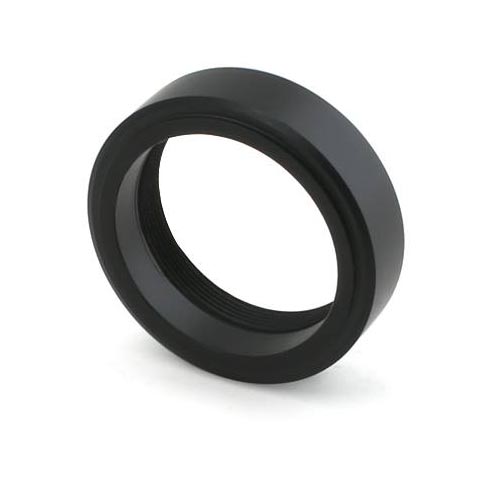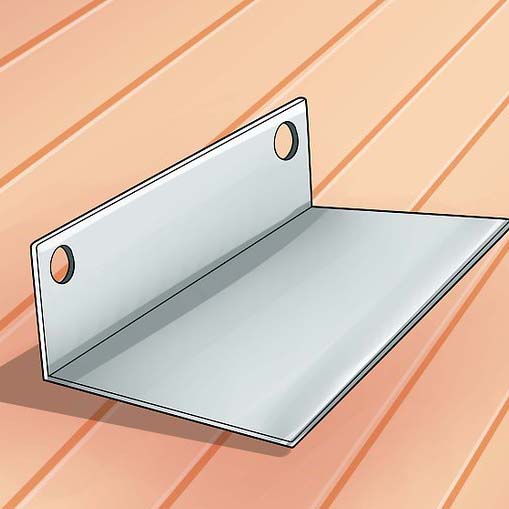News
Hard anodes on aluminum metal
Hard anode - aluminum anode on aluminum metal invented by Russian scientists to make metal hard enough but light enough for spacecraft. Through an electrolysis process at extreme temperatures below 0 degrees C and currents with a very high current density, a layer of aluminum oxide about 60 microns (0.06mm) thick is formed with molecules one by one as part of metal layer. This harsh process creates a protective layer that is harder than steel and has excellent technical properties, especially in kitchen appliances. The hard anodic surface is non-toxic, does not stick and does not react with food. The...
Hard anode - aluminum anode on aluminum metal invented by Russian scientists to make metal hard enough but light enough...
Read moreAluminum anode and stained aluminum with battery acid
Aluminum anodes and aluminum staining of aluminum fixed parts in many details have long been common. But the use of battery acids, typically (29% to 32% sulfuric acid) causes concern and reluctance, and prohibits others from even trying to anodize aluminum at home. It can be difficult to store, dangerous to skin and clothing, and in general, not fun to work with. OSHA lists it as corrosive. This project offers an alternative to using liquid sulfuric acid and alternative uses, a granular pool chemical that is easy to find, mix, store and work with. OSHA lists this chemical as only...
Aluminum anodes and aluminum staining of aluminum fixed parts in many details have long been common. But the use of...
Read moreHow to anode aluminum
The aluminum anode uses acids to create a layer of corrosion and abrasion resistance on a metal. The aluminum anode process also changes the crystal structure near the surface of substances, like aluminum alloys, allowing you to dye aluminum. Anodizing at home can be useful for projects such as the protection of heirloom metals and old jewelry. It can also be a great home test to try with older children. Just remember to take extra precautions with caustic substances, such as lye and sulfuric acid, when you anodize aluminum at home, as these products can cause chemical burns if handled...
The aluminum anode uses acids to create a layer of corrosion and abrasion resistance on a metal. The aluminum anode...
Read more


 Totals visitors: 14,320
Totals visitors: 14,320 Online: 29
Online: 29